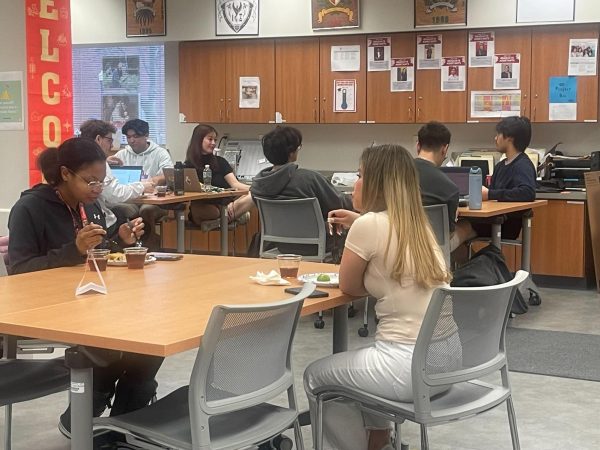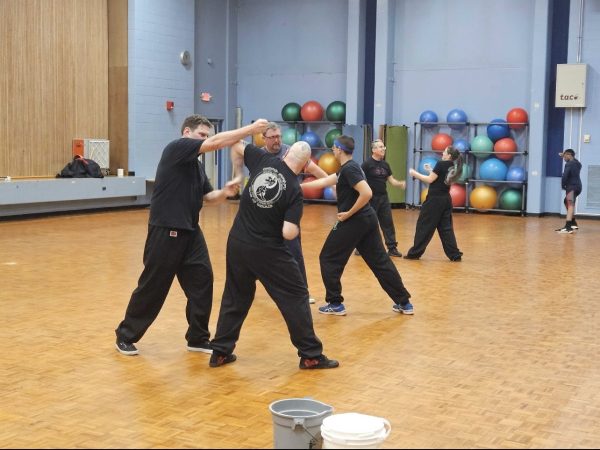Students may not face suits
January 15, 2004
Students who download music illegally now may have a slimmer chance of being turned over to the authorities.
According to an article published in the Jan. 9 edition of the Chronicle of Higher Education, the new ruling is likely to hinder the Recording Industry Association of America’s ability to prosecute students for illegally downloading music.
The ruling, which recently was issued in a case filed by Verizon Communications Inc., found “a special, fast-track-subpoena provision of the Digital Millennium Copyright Act, which the industry group [the RIAA] had been relying on, did not apply in cases in which the copyrighted material is stored on computers that are beyond the providers’ reach.”
If the files in question are stored on a personal hard drive, the Internet service provider, such as NIU Information Technology Services, does not have to turn over that individual’s identity to the RIAA.
According to the report, the ISP is only required to give the identities of the violators if the user is storing infringing material on the ISP’s server.
Under the new ruling, the industry only can seek the violators’ names in the traditional method, risking costly legal fees and a difficult case.
Elizabeth Leake, associate director of Information Technology Services customer support services, said the recent ruling will have no effect on Information Technology Resource’s acceptable use policy.
“The law in this area is unsettled and constantly evolving, and it would not be prudent for NIU to change the way that it does business based on these court rulings,” Leake said.
According to the policy, “reproducing and/or distributing copyrighted materials without appropriate authorization,” is subject to “legal action or official campus disciplinary procedures.”
Disciplinary action resulting from a violation of the policy can range from “reprimand, to loss of access, to a referral to university authorities for disciplinary or legal action,” the policy stated.












